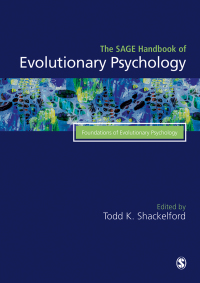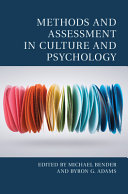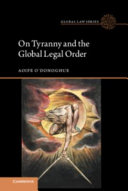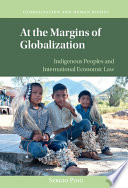Buy The SAGE Handbook of Evolutionary Psychology: Foundations of Evolutionary Psychology 1st Edition PDF ebook by author Todd K. Shackelford – published by Sage Publications Ltd (UK) in 2021 and save up to 80% compared to the print version of this textbook. With PDF version of this textbook, not only save you money, you can also highlight, add text, underline add post-it notes, bookmarks to pages, instantly search for the major terms or chapter titles, etc.
You can search our site for other versions of the The SAGE Handbook of Evolutionary Psychology: Foundations of Evolutionary Psychology 1st Edition PDF ebook. You can also search for others PDF ebooks from publisher Sage Publications Ltd (UK), as well as from your favorite authors. We have thousands of online textbooks and course materials (mostly in PDF) that you can download immediately after purchase.
Note: e-textBooks do not come with access codes, CDs/DVDs, workbooks, and other supplemental items.
eBook Details:
Full title: The SAGE Handbook of Evolutionary Psychology: Foundations of Evolutionary Psychology 1st Edition
Edition: 1st
Copyright year: 2021
Publisher: Sage Publications Ltd (UK)
Author: Todd K. Shackelford
ISBN: 9781526489142, 9781433834714
Format: PDF
Description of The SAGE Handbook of Evolutionary Psychology: Foundations of Evolutionary Psychology 1st Edition:
For racial minority immigrants in the United States, trauma can have both historical and ongoing sources. Today’s immigrants face a dangerous mix of rising nationalism and xenophobia, alarming rates of displacement within and across nations, war, trafficking, terrorism, and deportation. Multiple traumas stem from these experiences and can be exacerbated by interpersonal violence and other forms of marginalization within communities. This book examines the lasting impact of trauma for racial minority immigrants and subsequent generations. Each chapter explores both the stress and resilience of immigrant groups in the United States, as well as clinical or community-based efforts to address the multiple traumas that affect immigrants and their children. While considering the socioecological contexts of immigrants, the chapters reflect a diversity of theoretical perspectives needed to expand existing treatments for trauma, such as multicultural, feminist, womanist, psychodynamic, cognitive-behavioral, and humanistic theories. In the nuanced pages of this book, you will deepen your understanding of the immigrant experience and develop professional skills to help heal traumatic stress faced by racial minority immigrants.





